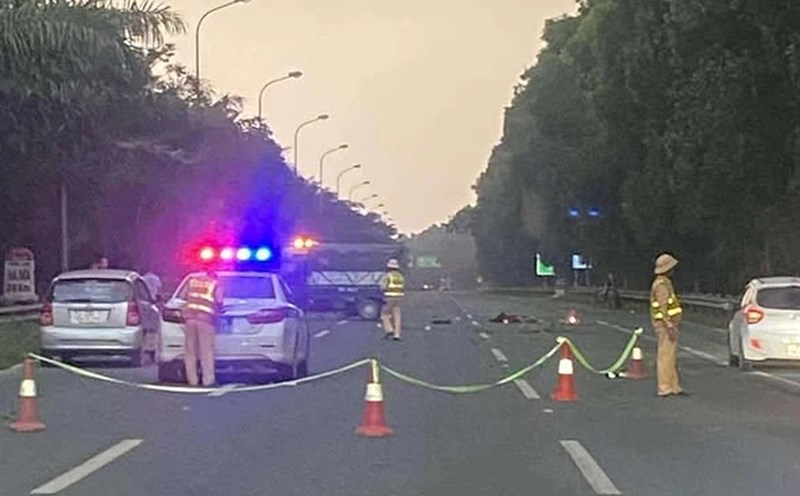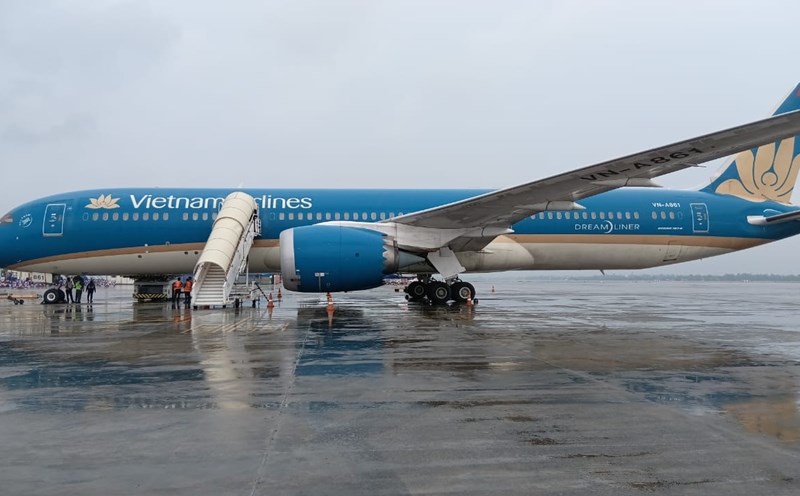According to RT on July 7, Polish Defense Minister Wladyslaw Kosiniak-Kamysz stressed that military forces will play an important role in efforts to ensure security, and described this as an act of "determined response to migration threats".
The Polish government has previously announced the resumption of border control and is expected to maintain the measure until at least August 5. The decision came after Poland accused Germany of having applied similar control measures since late 2023 - pushing asylum seekers back to Polish territory.
There are currently 65 control stations operating along the border, some of which are operating day and night. The operation called Defending the West requires a large number of human resources. The deployed force includes 500 soldiers from the territorial Defense Forces, 200 military police and about 800 border guards. In addition, 300 civil police were also mobilized to participate in support.
On the morning of July 7, an Estonian citizen was arrested while trying to bring four illegal immigrants from Lithuania to Poland.
As migration continues to be a controversial issue in Germany, the far-right Party of the Choice for Germany ( AfidD) has received growing support for its criticism of the government's handling of the crisis. Several Eastern European countries, including Poland, have also spoken out against Berlin's use of influence in the European Union to promote migration policies through Brussels agencies.
Poland, Germany and Lithuania are all members of the European Union - the free trade bloc without borders - which has been under great pressure from the migration wave that began in 2015. Under European Union regulations, member states can temporarily restore border control in case of emergency.










